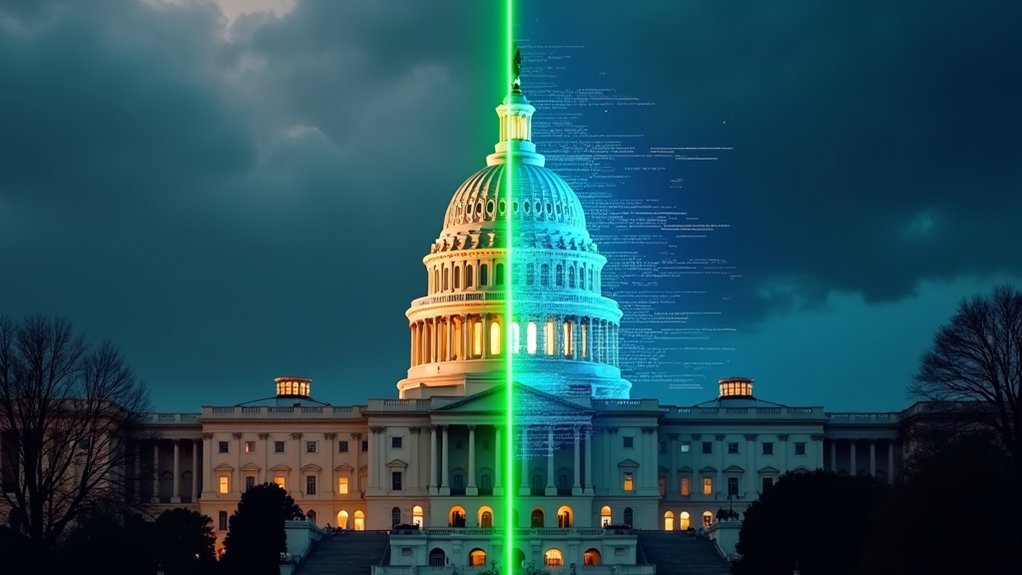Ripple is taking the gloves off against the SEC. The crypto company isn’t holding back in its criticism of the regulatory agency, calling its approach to cryptocurrency regulation unclear, overly complicated, and legally weak.
Ripple claims the SEC’s previous leadership intentionally created confusion in the crypto space. Like trying to fit a square peg in a round hole.
The SEC created a regulatory maze on purpose, forcing crypto innovators to navigate with outdated maps and broken compasses.
The company has proposed a three-step plan to fix this mess. First, focus on actual securities under federal law. Second, enforce existing laws instead of making up new ones. Third, provide clear guidelines for the industry.
They actually praised the SEC’s recent clarity on meme coins as non-securities. Shocking, right? They want the same clarity for all crypto assets.
Ripple argues the SEC can’t just expand its jurisdiction over crypto without Congressional approval. Most digital assets, they insist, fall outside the SEC’s regulatory scope. The agency is basically trying to be the sheriff of a town that’s not on their map.
The application of the Howey test to crypto has been particularly problematic, according to Ripple. They’ve criticized the SEC for substituting “speculation” for “investment” and expanding the definition of securities to include all token sales.
That’s not how this works. That’s not how any of this works.
On staking and yield-generating activities, Ripple maintains that algorithmic returns shouldn’t be considered securities. Responding to Commissioner Peirce’s request, Ripple emphasized that returns from decentralized staking mechanisms don’t qualify as securities offerings. There’s no third party managing these assets in decentralized systems. No manager, no security. Simple as that.
The company recently celebrated a win when the SEC dropped its appeal in their long-standing lawsuit. XRP’s value surged on the news.
Now Ripple is pushing for an XRP ETF and inclusion in the U.S. crypto stockpile.
Their bottom line? Congress needs to establish clear legal standards for crypto. Regulatory sandboxes and new rules should only come after Congress creates a framework. The SEC shouldn’t be making up the rules as they go along.





